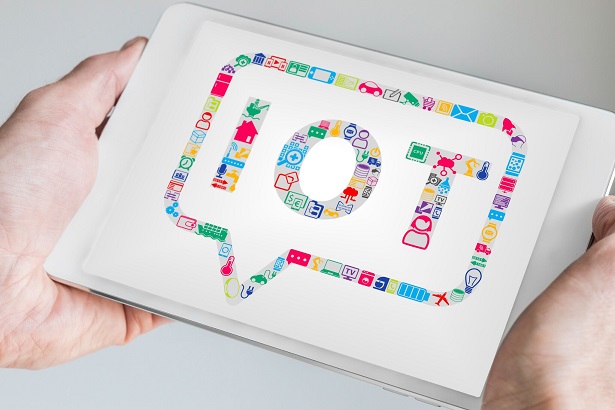
"IoT can bring numerous benefits to consumers. Interconnected healthcare devices will allow more constant and efficient monitoring and more effective interaction between patient and physician. Home automation systems will allow a consumer, even before arriving home, to send a message so that the devices themselves carry out actions to open the gates, turn off alarms, prepare a hot bath, put on ambient music and change the temperature in the house", says professor and researcher Eduardo Magrani, from the Center for Technology and Society at FGV – Direito.
The expert says that the government is already aware of the benefits of IoT, understanding that it emerges as an important tool aimed at the challenges of public management, promising, from the use of integrated technologies and massive data processing, more effective solutions to problems such as pollution, traffic jams, crime, productive efficiency, among others. There are already examples of IoT applications across the country, and these experiences are likely to increase. In the private sector, in turn, enthusiasm for the economic potential of IoT has given rise to strong investment in this area, aimed at macro-scale solutions such as smart cities, cargo tracking, precision agriculture and energy and asset management.
"An example of this type of investment is that made by the company IBM, which not only spent US$ 3 billion in its IoT business, but also partnered with AT&T to provide industrial IoT solutions on a range of issues, from energy efficiency even health services. These new fronts of investment in IoT stem from the positive profit prospects of the sector. Just as an example, it is worth mentioning the recent research carried out by Cisco that estimates that the Internet of Things could add 352 billion dollars to the economy Brazil by the end of 2022. Due to forecasts like this, several companies are investing more in IoT technologies, developing concrete initiatives in several areas", highlights Eduardo Magrani.
Discussion questions: costs and digital waste
The professor at FGV, however, points out that IoT does not necessarily make people's lives easier. According to him, the costs to connect a device are high and the benefits may be too low to offset the increase in value in the product. "Often, a low-cost solution such as a shopping list, replacing the innovative EggMinder, would end up being more convenient in the cost-benefit analysis, replacing an expensive device, with complex configurations and batteries that need to be constantly recharged. This doesn't seem like it. so smart," exemplifies Magrani.
Eduardo Magrani also warns that the amount of waste arising from the disposal of obsolete objects and devices, the so-called “e-waste”, is increasing worldwide, as the connectivity of devices tends to make them out of date faster than non-intelligent products , being considered a serious problem in some cities.
"It is also important to bear in mind that transforming an analog object into an intelligent one, in addition to making the product more expensive and subjecting it to flaws that it would not have a priori, can also generate risks in relation to security and privacy. That is why it is important to think about it, from the perspective of the citizen as a consumer and the State as a promoter of intellectual creations, what kind of technologies and intelligent objects should we encourage", observes the professor at FGV.












